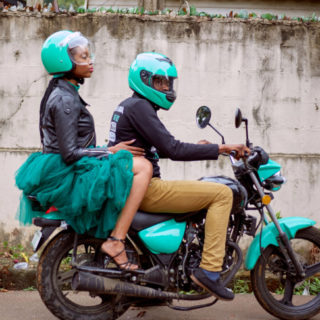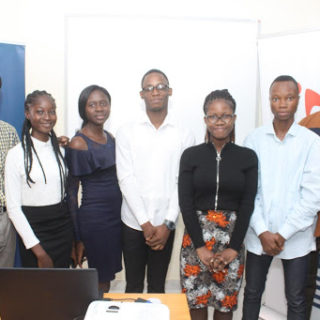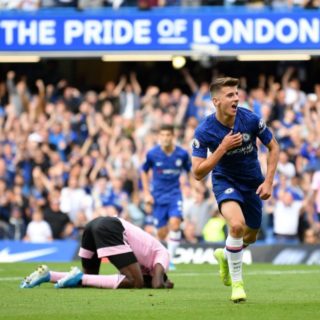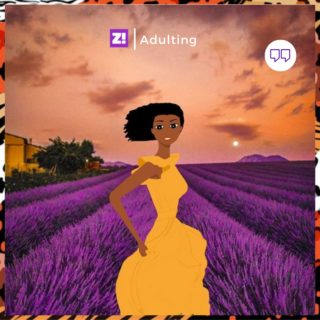There’s a new type of Nigerian Pride in the air.
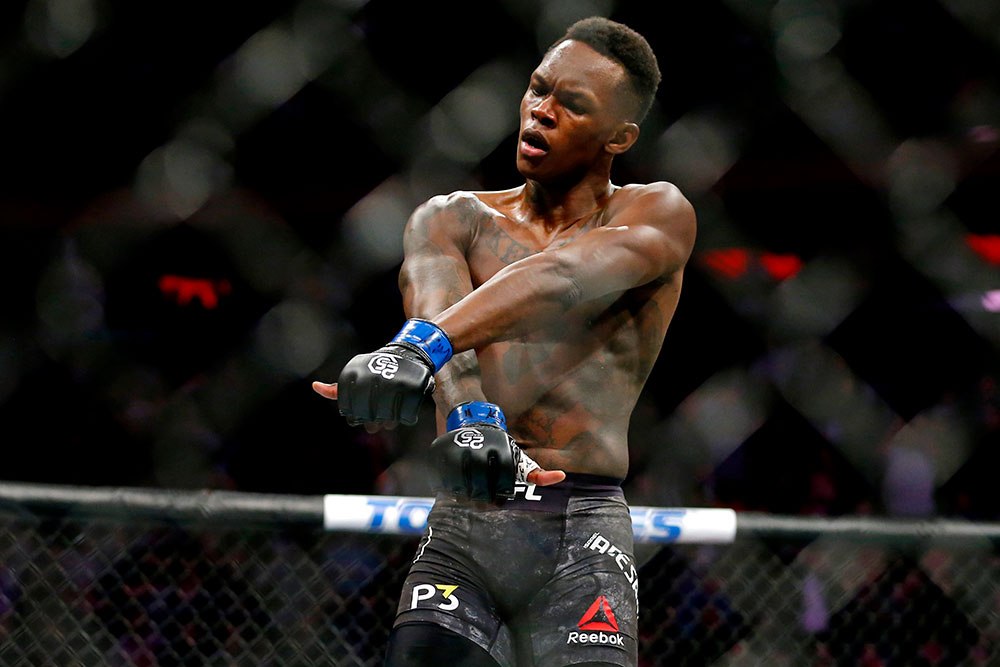
You may have caught it at a party, dancing like it owns grime and afro-swing from the UK. If you listen closely, it sneaks foreign slang from around the world into every sentence it speaks.
On social media, it tweets in support for artists from different countries.
For some reason, it has given Nigerian nicknames to relative outsiders.
In its latest iteration though, it’s claiming someone as its own. He’s a Mixed Martial Artist called Israel Adesanya.
At 29 years of age, the lean, muscular fighting machine is the UFC’s latest darling.
He moved to the UFC from New Zealand in 2018 and has remained unbeaten since. He’s managed those 19 fights by teasing opponents and punching their lights out.
For 25 years, the United Fighting Championship has entertained fans with gladiator-style brawls between mixed martial artists in what is now the fastest growing sport in the world.
There must have been a few Nigerian UFC fans before Adesanya.
Whether the style-bender has inspired a new frenzied fanbase in the country of his birth is a different question.
Last weekend, before his main event fight, Nigerian rapper, Wale, tweeted a highlight reel of Adesanya with the words “We wit you@laststylebender”.
All over the internet, Nigerians, from news outlets to your favourite actor, waited. There could be only one outcome.
The Naija boy had to beat this unknown opponent and continue his run.
Some say Adesanya fights like a Nigerian.
Hard, quick and flamboyant. During the fight, he paused after delivering a combo of punches, put his left arm behind his back and invited his opponent for more.
Of course, he’d be silly to do this if he couldn’t handle himself.
He can hit with all his limbs, which basically means sleep can come upon an opponent from anywhere.
But most are drawn to his pride in Nigeria.
Adesanya first came under the public radar on the night of UFC 221. He grabbed a mic and promised Nigerians he would always make them proud in his native Yoruba.
Ask around and you may well be told that the 70s and 80s are Nigeria’s golden age. But while we were reacting to the first fruits of independence, an undercovered exodus was ongoing. It hasn’t ended since.
Either for fear of living in a military dictatorship, pre-emptive efforts to avoid the impending crises that would define Nigeria in the 1990s – or just a good old search for greener pastures, many Nigerians began to emigrate to English-speaking countries across the world.
Most of them settled in Europe, particularly in England. Others, like the Adesanya’s, covered more miles and ended up in New Zealand.
What happened after is untold history.
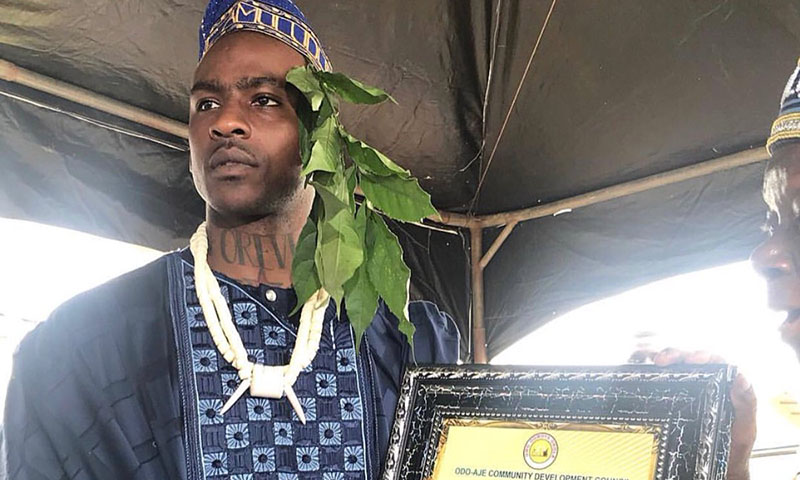
The children of these immigrants lived like Nigerians among their families and immigrant communities. But they also had access to opportunities, more than they would have had here, and new cultures – in food, music, fashion and ends. A generation of foreign nationals, weaned on the West, but with strong ties to Home.
Some of them were born in conditions that birth art like Skepta in London’s Meridian Walk Estates, or like Sade Adu, from a market town in Essex. Some like Israel chased their fancy from New Zealand to China.
I saw Isreal fight Anderson Silva, a Brazilian “future Hall of Famer” as he was described, at my brother’s flat in Ajah.
Adesanya’s fighting background is most Oriental. In the UFC’s Octagon though, Silva is one of his heroes. So he showed respect against a formidable opponent and tired him out with quick blows and kicks to his knee.
It’s horrid stuff at times like that, but then the fight ended and Israel and Silva bowed before each other.
The boy with the ‘BROKEN NATIVE’ chest tattoo began to cry.
My brother’s friend Seun whispered “Naija gats dey thankful to the UK”.
So, I’m fiercely anti-every-focken-colonial-power-that-still-exists-because-Nigeria-Congo-etc-etc, but it made sense.
The UK has been the bridge between Nigerian pop culture and the world. A conveyor belt, from the first sprinklings of 70s fashion to the gleeful rhythms of Afrobeats. Ojuelegba stayed in London’s Meridian Walk Estate before the 6God took it to a global level. It’s where most of this Nigerian Pride has come from.
Chief Joseph Junior Adenuga, the Amuludun of Odo-Aje, or Skepta as you probably know him is the best example. Skepta has single-handedly has strengthened a cultural connection between Lagos and London.
And there are many more like him. There may have been a time when their ‘Nigerian-ness’ would be questioned but things are different now
Israel is a real Nigerian boy too, or at least, what we’re often depicted to be.
He’s probably the only Naruto fanboy from Nigeria who got to do the real thing. Like most of us, he’ll make sure you know he’s running things – like in this Instagram post hours before the fight. He drives a Range Rover and wears a thick gold chain because, contrast.
There’s a bit of Melancholy about it though.
Before he shut down London’s O2 Arena, Davido offered a sobering lens on our adoption of pop culture when he told the UK’s Channel 4, “Back home in Nigeria, entertainment is one of the few things we have to be happy about”.
It’s not far from the truth.
It’s easy to see why then – while things go sour at home and Nigerians face a decision between the devil and the deep blue sea, we enjoy these spatial moments of delight coming from the abroad.
We may draw up a hundred and one reasons why we love his fighting but there’s a sense that all Israel Adesanya had to do was be Nigerian.
As long as Jack keeps Twitter free and we are still allowed to take pride in our own, we won’t let anyone forget it.

